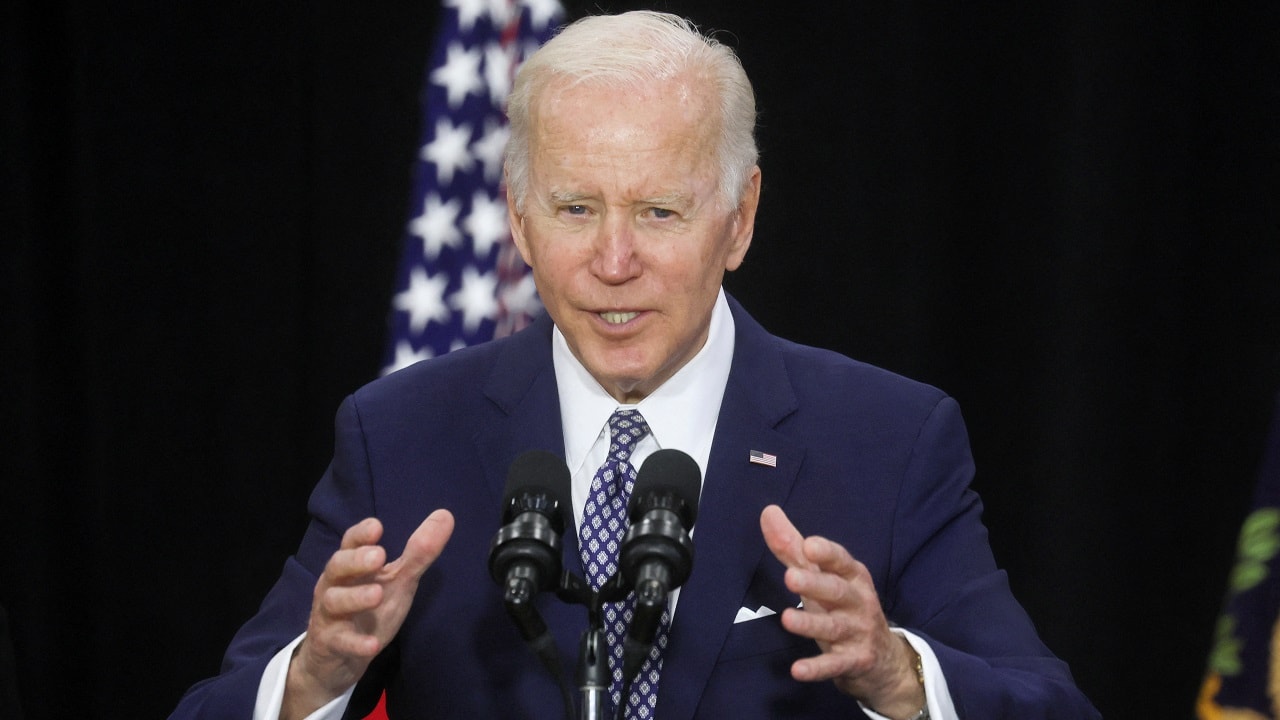President Joe Biden stepped into the familiar role of consoler-in-chief as the nation mourned the victims of a racist massacre in Buffalo, N.Y. But to move beyond soothing words to healing actions, Biden will need to be something he has less often delivered on in office: a problem-solver.
On this, Biden seemed less certain. While he called the mass shooting “domestic terrorism,” he downplayed the need for a new law to address the problem. He renewed his call for gun control, but didn’t seem optimistic it would happen. “I don’t know why we don’t admit what the hell is going on,” he said.
The centerpiece of Biden’s address was race. He called white supremacy a “poison” for the country. He urged Americans to root it out and denounce its purveyors. This is understandable and all to the good, given what we know about the shooter’s motivations.
But even here, Biden avoids the kind of leadership that might make a change. Racism surely fuels violence and attacks. It is a regrettable yet indelible part of our history with an enduring legacy. Confronting this phenomenon after decades of attempts to marginalize racist views may require saying something new.
One area where Biden might have done some good is by calling out the woke redefinition of racism to mean something other than racial hatred. Instead of further curtailing the more widely shared definition of the genuine article, it has given it more places to hide.
The barely concealed glee with which many have written about the death and decline of working-class whites is another topic Biden might have profitably addressed. The left has been willing to employ the language of racial disdain when describing voters outside their own political coalition. And many of the ideas for how Biden’s party was building an at least semi-permanent majority hinged on the notion that demography was destiny.
None of this justifies the white nationalism emerging in some corners. But not only does this analysis appear to be wrong on the merits. It has to be judged as at least part of the context in which some have been attracted to “replacement theory.”
While Biden has stopped well short of reprising former President Bill Clinton’s brandishing of the 1995 Oklahoma City bombing against his political opponents, despite facing some pressure from allies to do so, it is easy to vaguely hint that the primary drivers of revivified racial animus are on the other side of the ideological divide. It is much more difficult to criticize one’s own side and would not require a similarly Clintonian “Sister Souljah” moment to achieve in this climate.
That is not to say that Biden’s political opposition has nothing to answer for. There are lawmakers on the other side of the aisle who are too comfortable mingling with extremists they should avoid and there are certainly people on the right who have taken opposition to political correctness too far. There is much absurdity and malice on this subject to go around.
Yet the fringe caucus’s views remain far from majority sentiment inside the GOP or conservative movement and are far less influential than ideas like critical race theory, which have limited explanatory power at best when it comes to understanding the complexities of race in 21st century America.
Biden may lack the credibility to deal with these complexities as an aging white man at the helm of a diverse political party, especially in contrast with his onetime boss, former President Barack Obama.
Still, Biden campaigned in the 2020 presidential election as a unifier, even if he has some divisive tendencies of his own and only arguably fits the bill in comparison with his immediate predecessor. This would be an opportunity to live up to that promise at a time when Americans need that ever elusive unity the most.
That would require augmenting the president’s wise words about the immorality and injustice of racism with a real, actionable call to rise above polarization — including polarization fostered not just by his detractors but also his admirers and adjacent political factions.
Perhaps that is too much to ask of any political leader in 2022, more than two decades into the country being more divided by red and blue than even white and black. But Biden has wanted this job for at least 35 years. If not now, when?
Now a 1945 Contributing Editor, W. James Antle III is the Washington Examiner’s politics editor. He was previously managing editor of the Daily Caller, associate editor of the American Spectator, and senior writer for the American Conservative. He is the author of Devouring Freedom: Can Big Government Ever Be Stopped? You can follow home on Twitter: @Jimantle.

